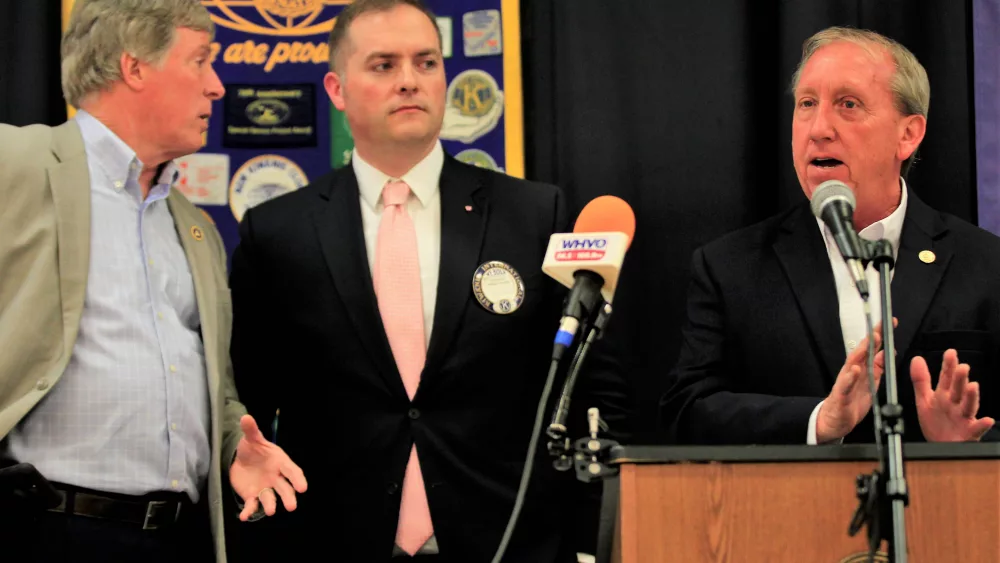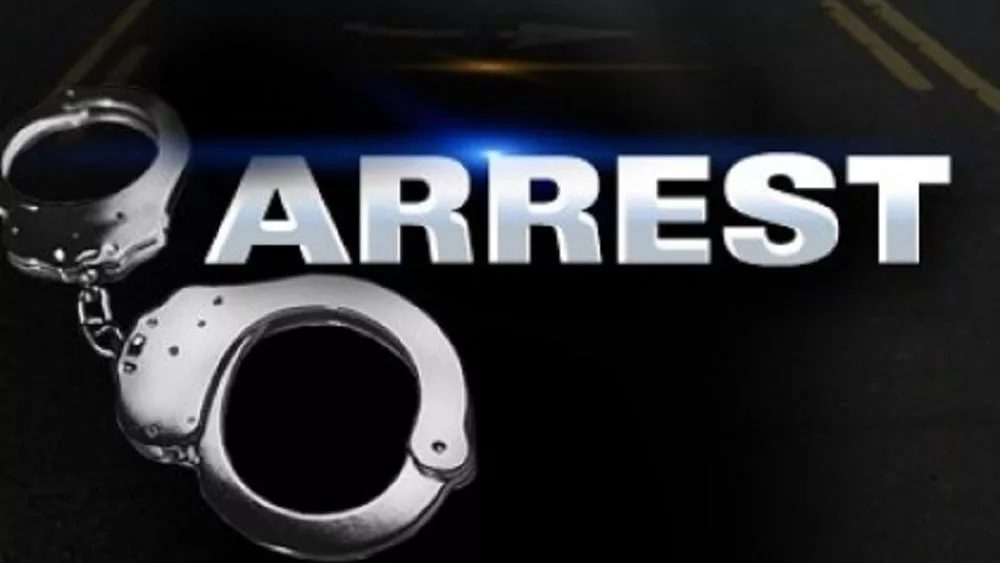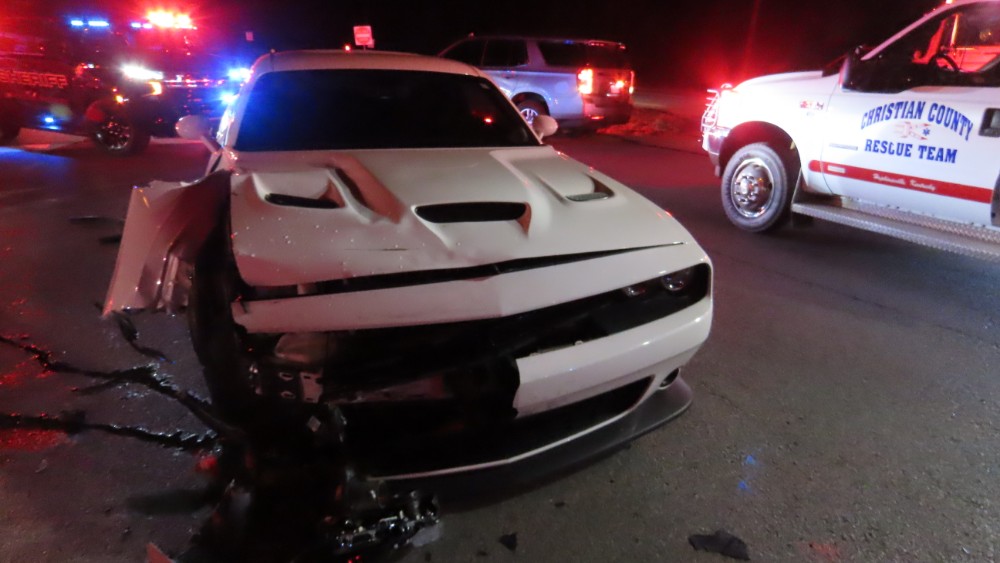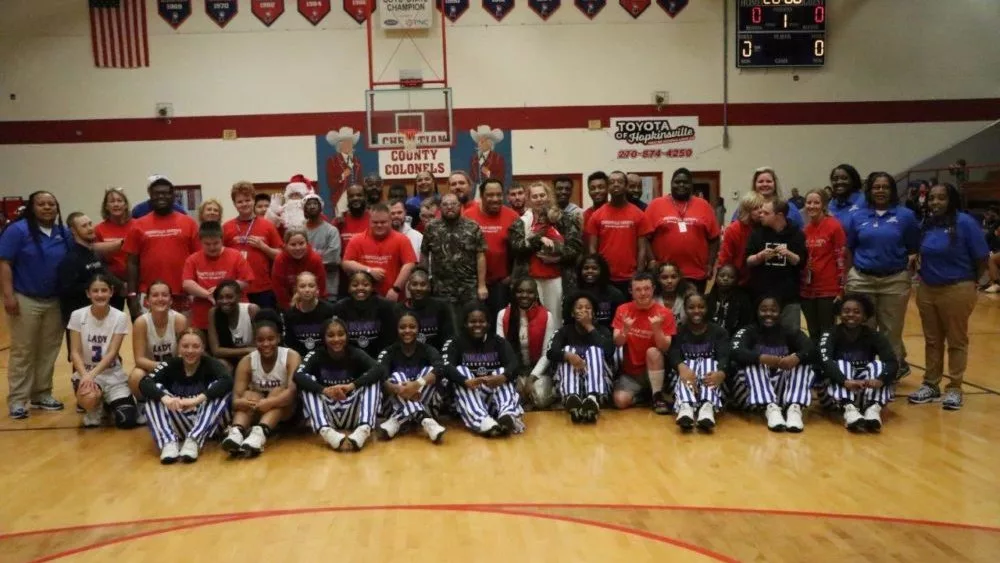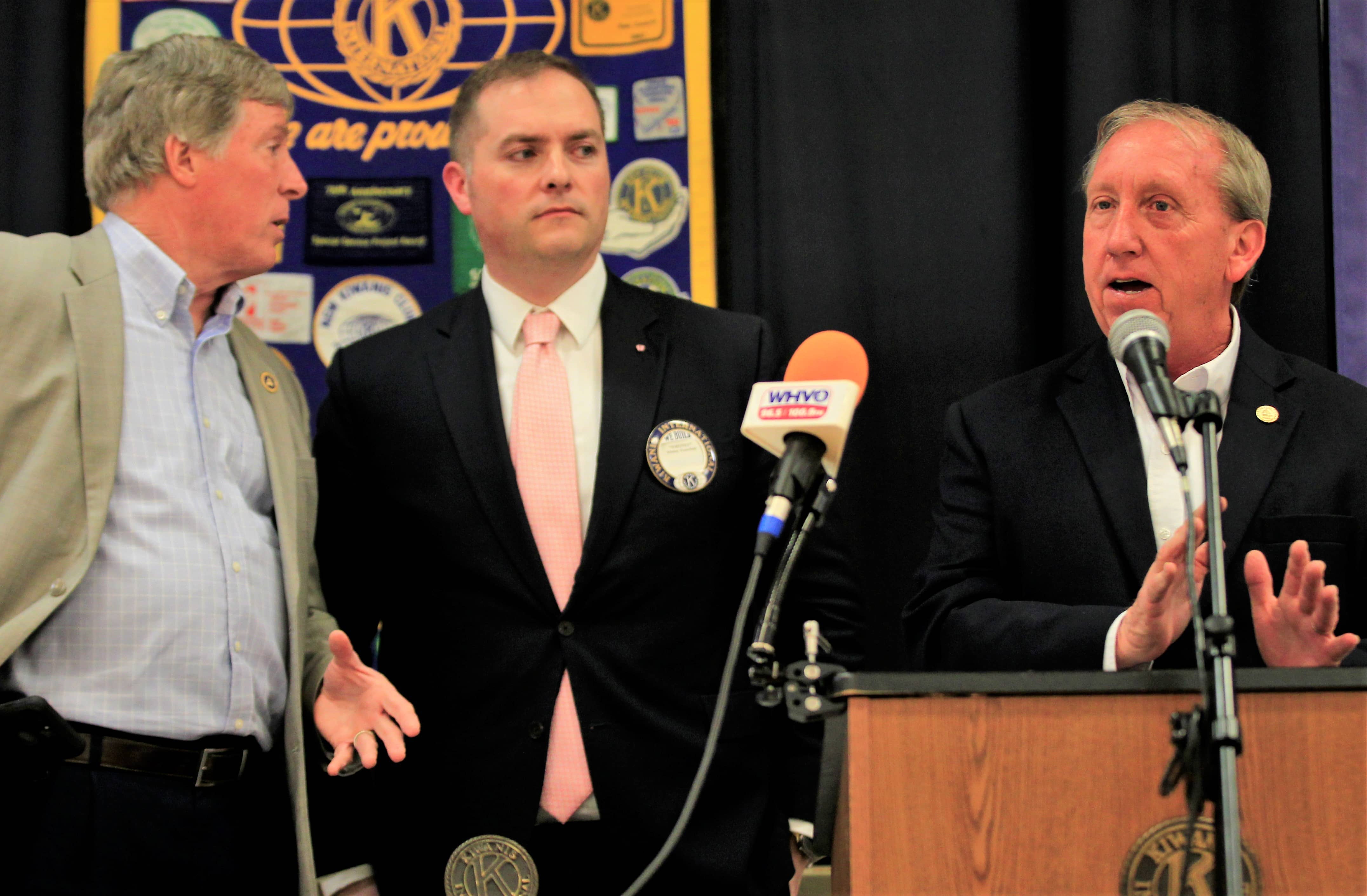
A Kiwanis Club of Hopkinsville meeting felt a little bit like friendship, but a lot more like the General Assembly floor Thursday afternoon — as long-time CPA Leonard Adcock and legislators in 8th District Representative Walker Thomas, 9th District Representative Myron Dossett and State Senator Whitney Westerfield grappled with the concept of zeroing the state’s income tax.
Already down from the 6% to 4% beginning January 2024, Adcock called it a “bad plan” from the supermajority — noting the government “has to have a certain amount of money to operate.” Lowering the income tax eventually to zero, he said, means the “passing down of fiscal liability” to people who will “have to spend all of their money” on sales tax.
He further issued this belief: “We don’t want to be like Tennessee; we want to be Kentucky.”
Dossett, a considerable proponent of the tax reduction, called the measure a boon for Hopkinsville — especially after watching nearby Clarksville explode.
Dossett also pointed to an increased budget surplus over the last seven years, despite this drop from 6% to 4%. Pay raises have gone out for state employees in the same span, while KRS and TRS pension plans are currently funded and solvent, with additional monies planned for KRS in the 2024-26 biennium budget.
Dossett does believe it will “take longer” than he’d like to get to zero, as specific budgetary benchmarks must be met before the KGA and the Governor’s office click into a nullification. However, he argued that even at 2% or 3%, Kentucky becomes more competitive for jobs, capital projects and municipal growth — which would theoretically entice others to move, and stay, in the Commonwealth.
And, thus, create a larger sales tax base.
Westerfield agreed.
What didn’t get asked, but maybe could’ve been: would a younger or middle-aged generation remain in Kentucky for longer, if say medical marijuana and sports betting options were legalized?
Dossett, Westerfield and Thomas all agreed that “the votes were there” for medical marijuana to most likely pass, and it’s “possible” for sports betting. Both measures are revenue based and advancing in an odd non-budgetary year, so they’ll need a two-thirds vote in confirmation before they head to the Governor’s desk.
Thomas noted that initial revenues with medical marijuana could be between $22 to $25 million in year one.
Meanwhile, Dossett voted in favor of legalized sports betting because people “are already driving across state lines to do it,” and he’d rather see those revenues stay in the Commonwealth.
Thomas voted against it, and Westerfield said he would too if given the chance — and for a number of reasons. He argues this bill is written by “the industry,” namely Churchill Downs, and creates a “gatekeeping monopoly” that stifles free enterprise and free market.
He called sports betting a “leech on the finite resources of our community,” scooping up limited disposable incomes on the pretense of financial returns — and most likely on digital applications like Draft Kings and FanDuel, which aren’t “Kentucky businesses.”
But Westerfield doubled down further, noting while Kentuckians should have the right to spend their money as they please, it shouldn’t come at the expense of others who cannot fight for themselves.
FULL VISIT:


